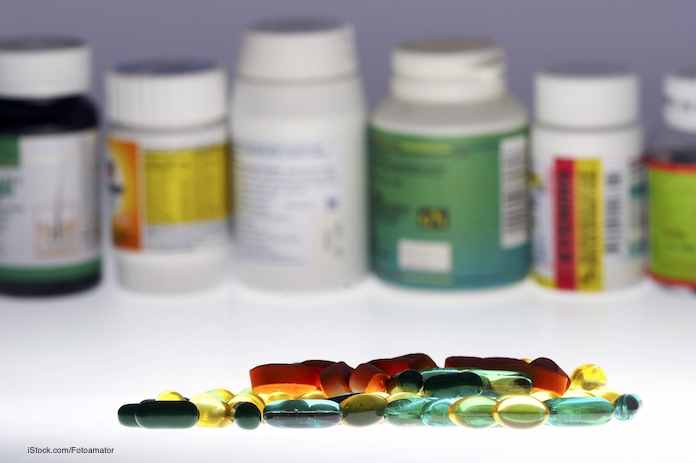Some imported dietary supplements and nonprescription drugs may harm you, according to the FDA. Consumers buy these products from ethnic stores, international stores, flea markets, swap meets, or purchase them online. Scammers often target ads to people who prefer to shop at these nontraditional places.

And those companies know that some groups who may not speak or read English well can be targets. Many of these consumers have long traditions of using herbal remedies, so these corporations put the word “natural” on the packaging, thinking it will inspire trust.
But natural does not mean safe. And even if a label says “natural,” the product could still have hidden drugs and other dangerous ingredients. Or they could contain potentially harmful chemicals that are not on the label.
For instance, imported weight loss products can contain banned and dangerous compounds like sibutramine, a drug that was removed from the market because it posed an increased risk of heart problems and strokes. Even if an ingredient in these products is considered safe, it could be included in incorrect dosages or amounts.
Other scammers illegally sell imported antibiotics without a prescription and no doctor oversight, which can lead to misuse and overuse. Overusing antibiotics is a contributing factor to antibiotic resistance, meaning that these drugs will be ineffective someday.
Other products may claim “Made in the USA’ on the label when they are manufactured overseas. This claim is a false assurance of safety. Remember that the law does not require any company who makes dietary supplements get FDA approval before their products are sold to the public.
Dietary supplements are not drugs, and they are not substitutes for drugs a doctor prescribes. Always tell your doctor which supplements you are taking, since they are interact with prescribed medications in harmful ways or stop a prescription from working as it should. And remember: if a claim seems too good to be sure, it probably is.




